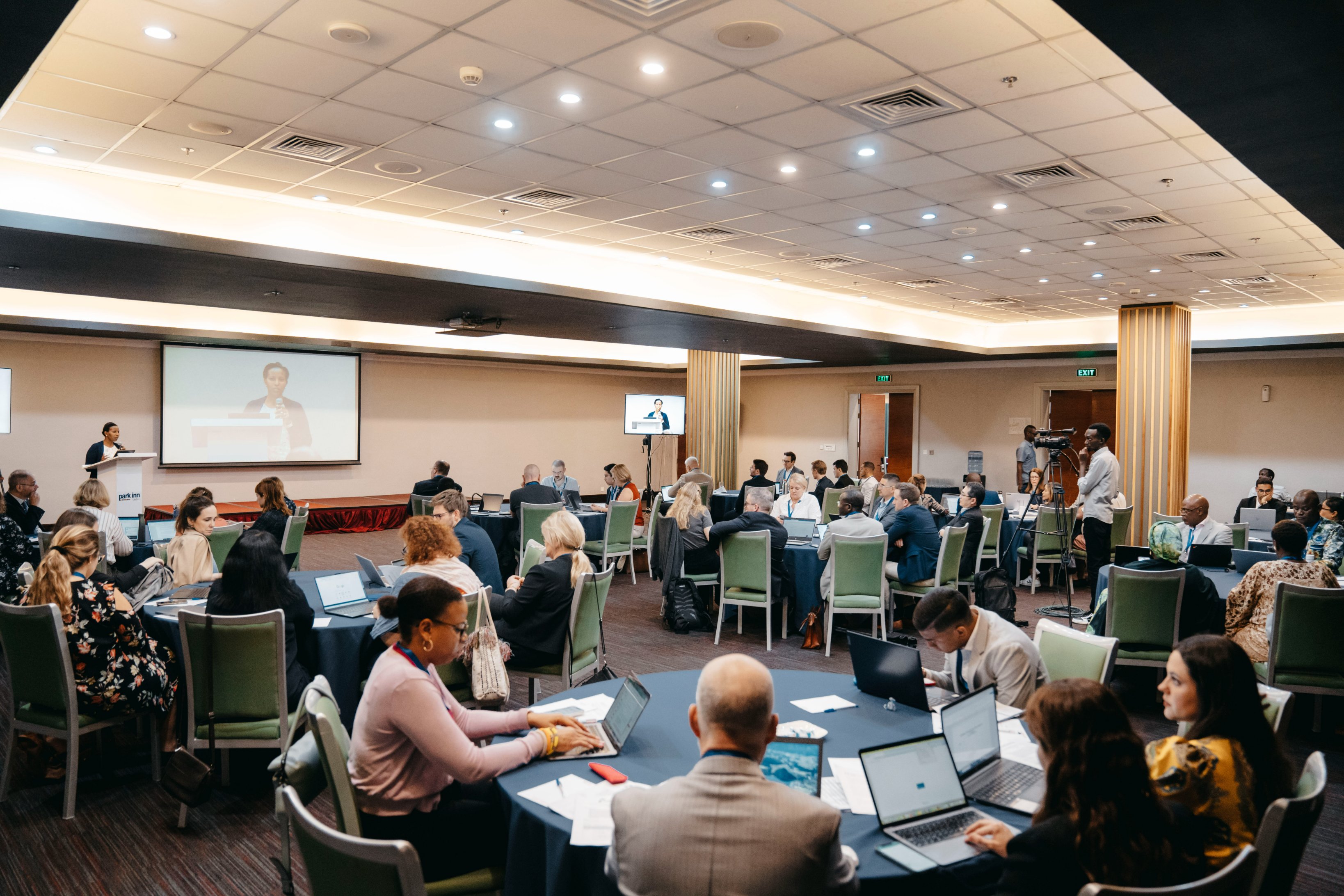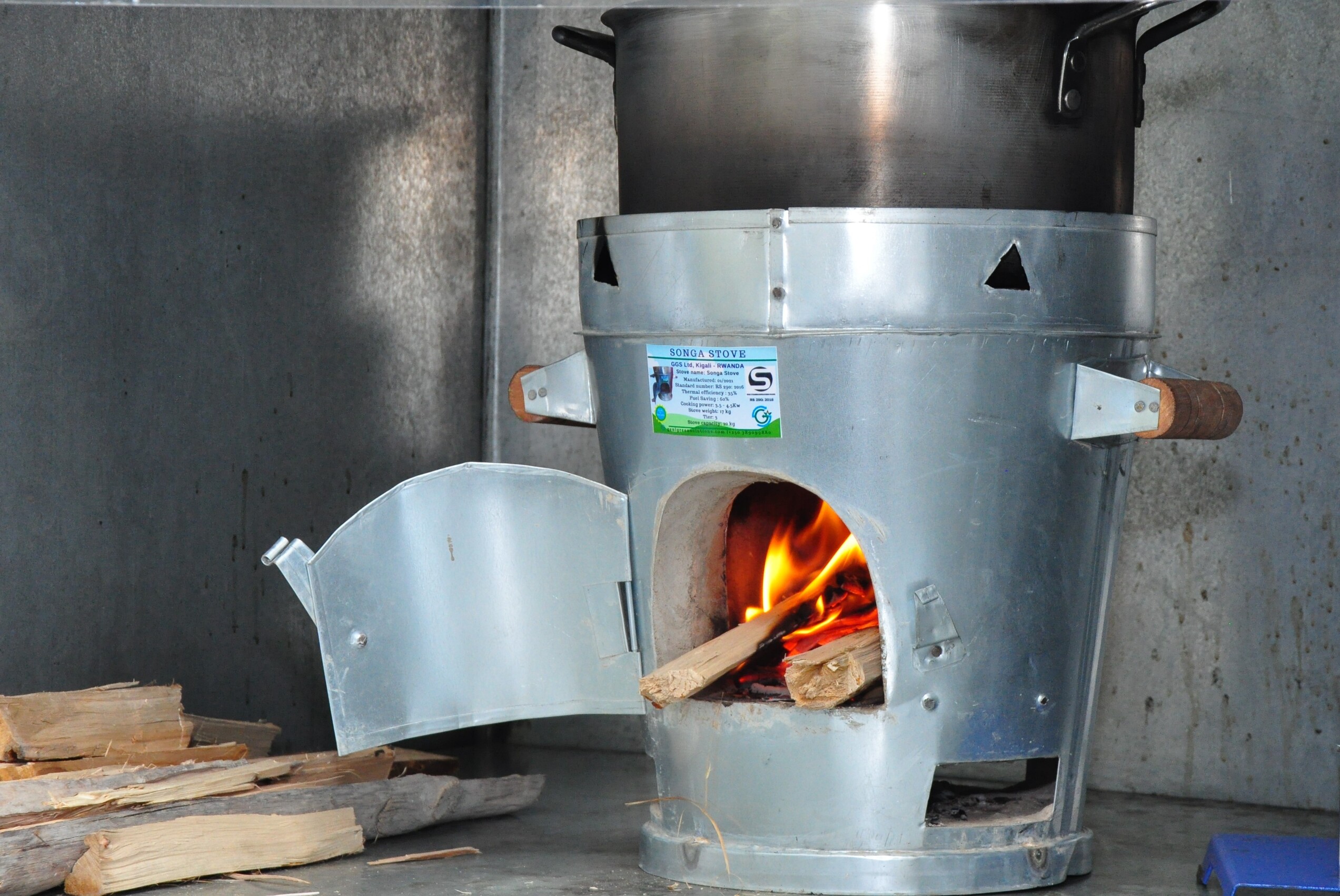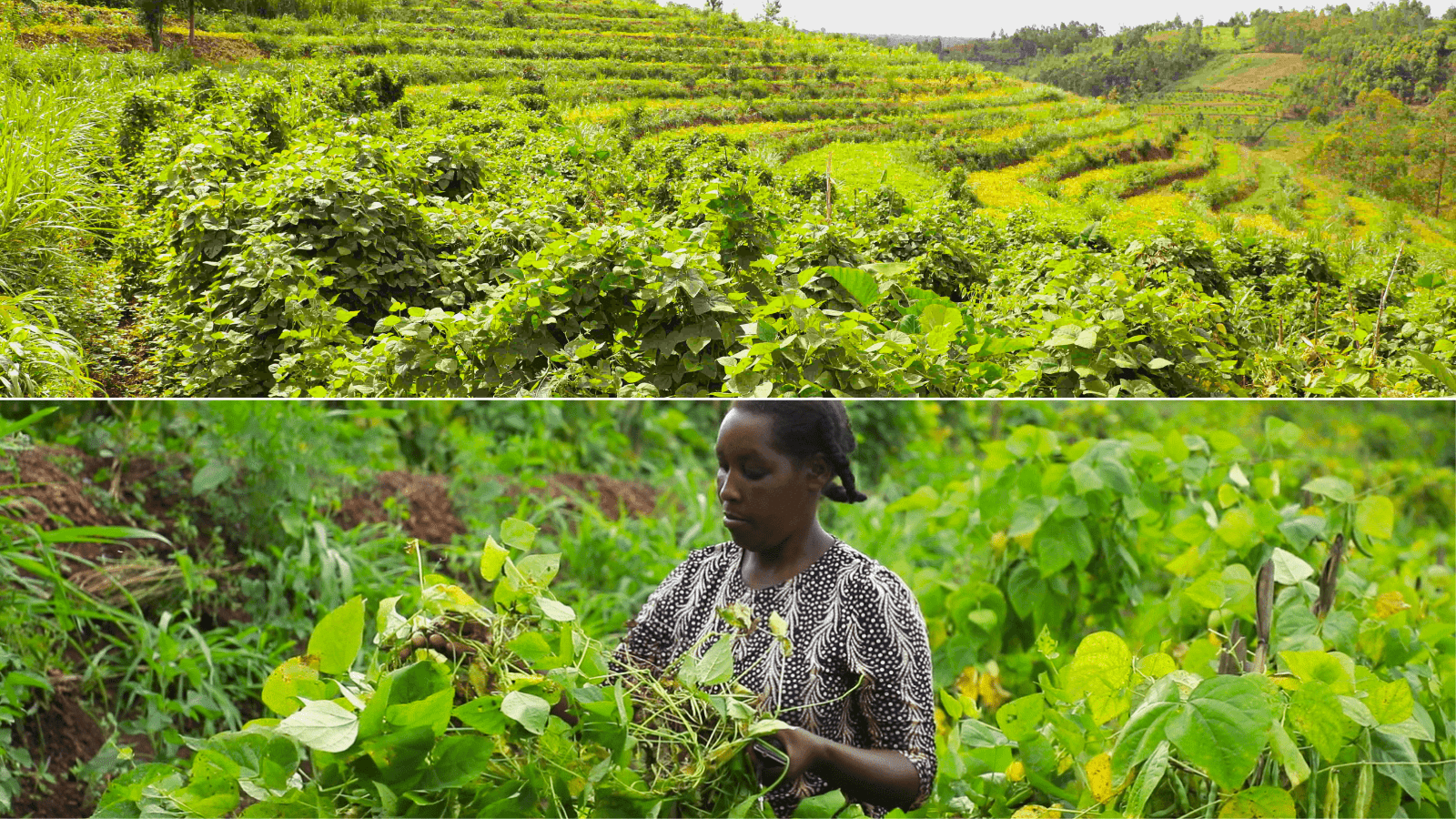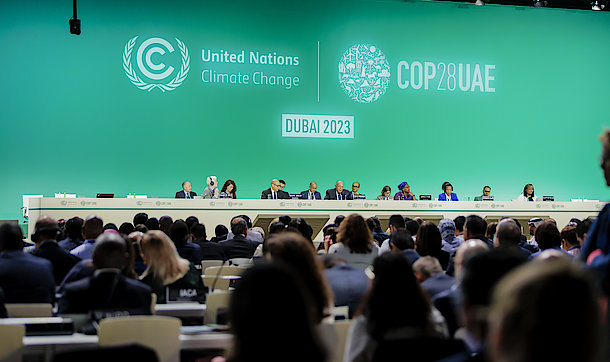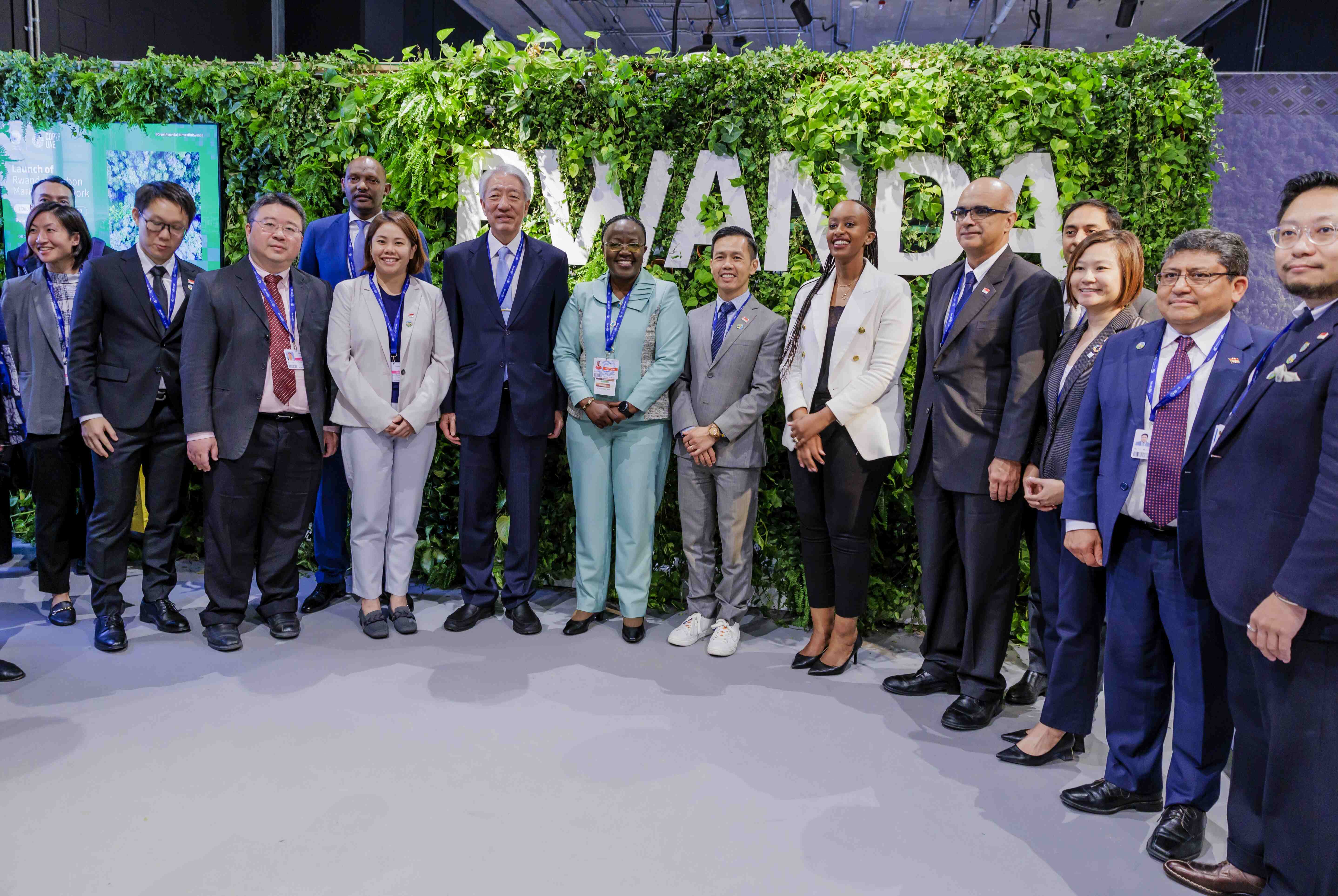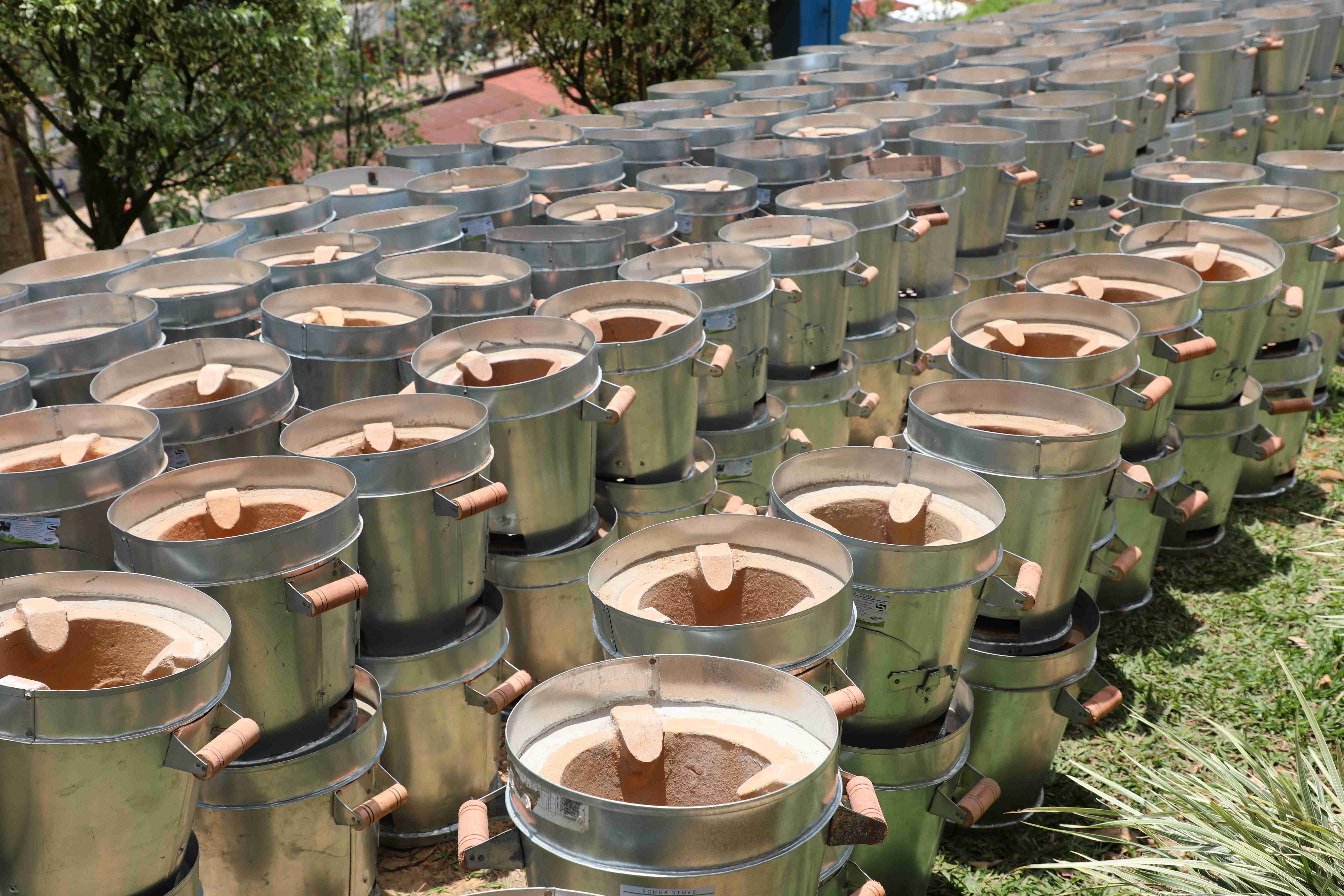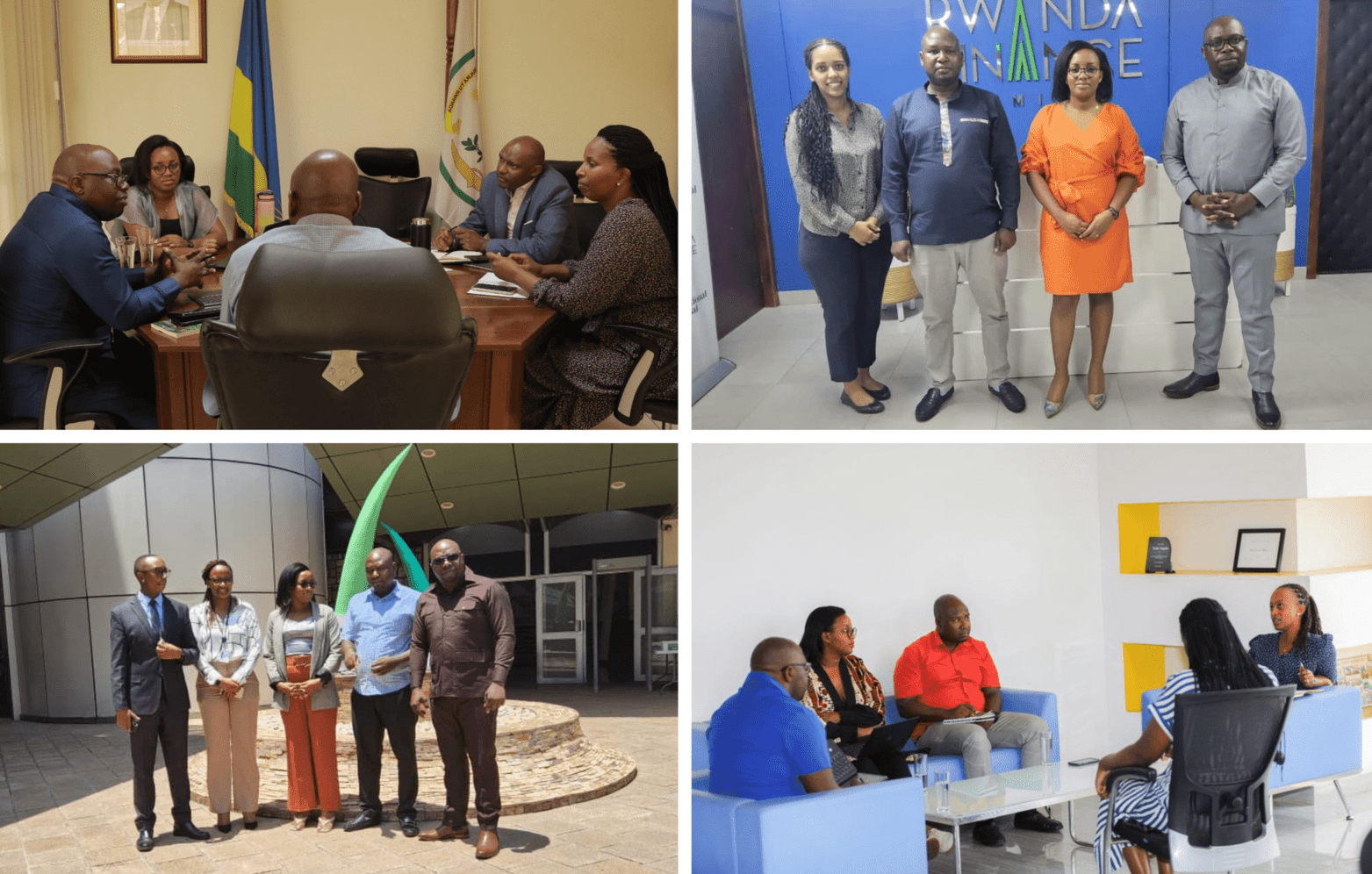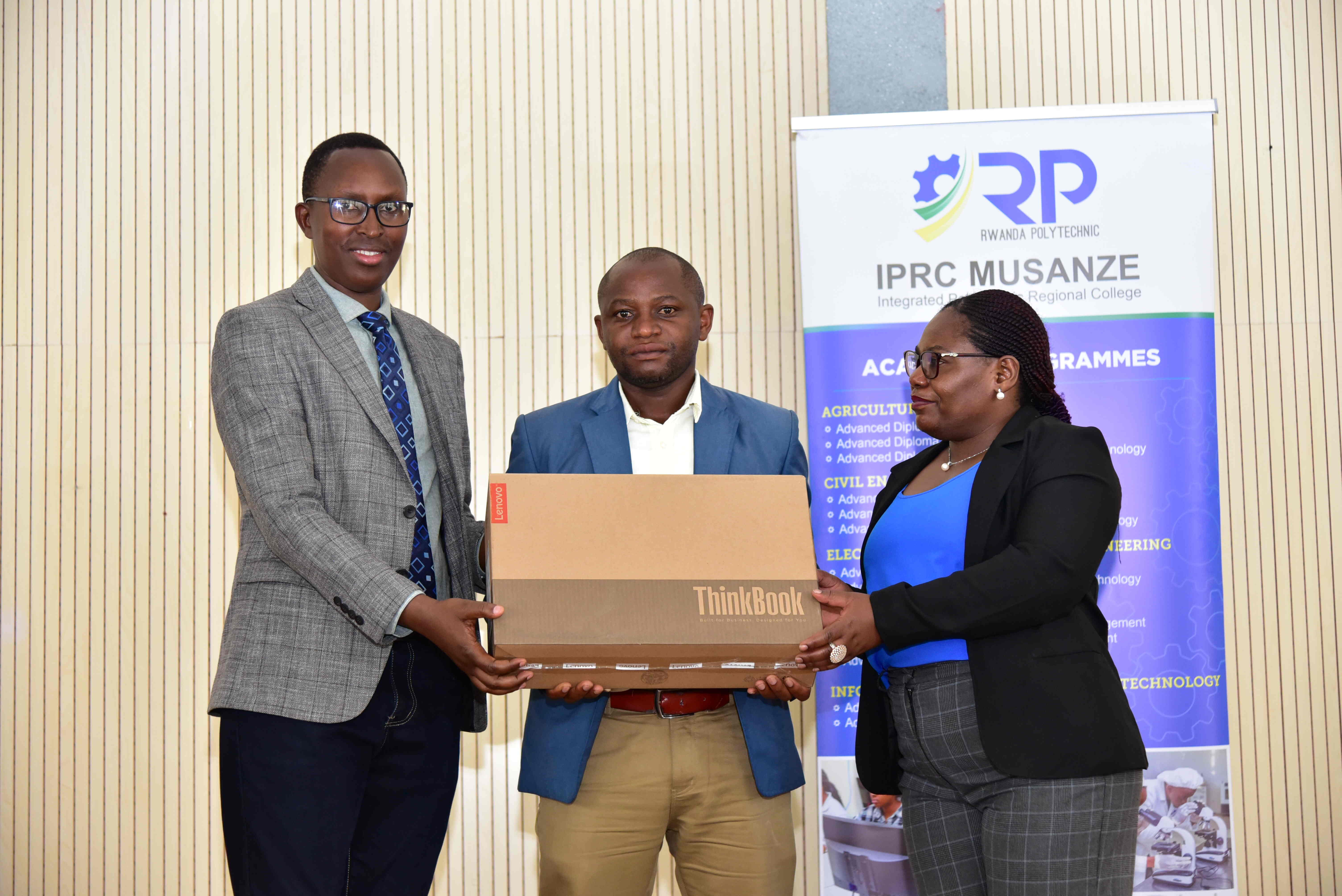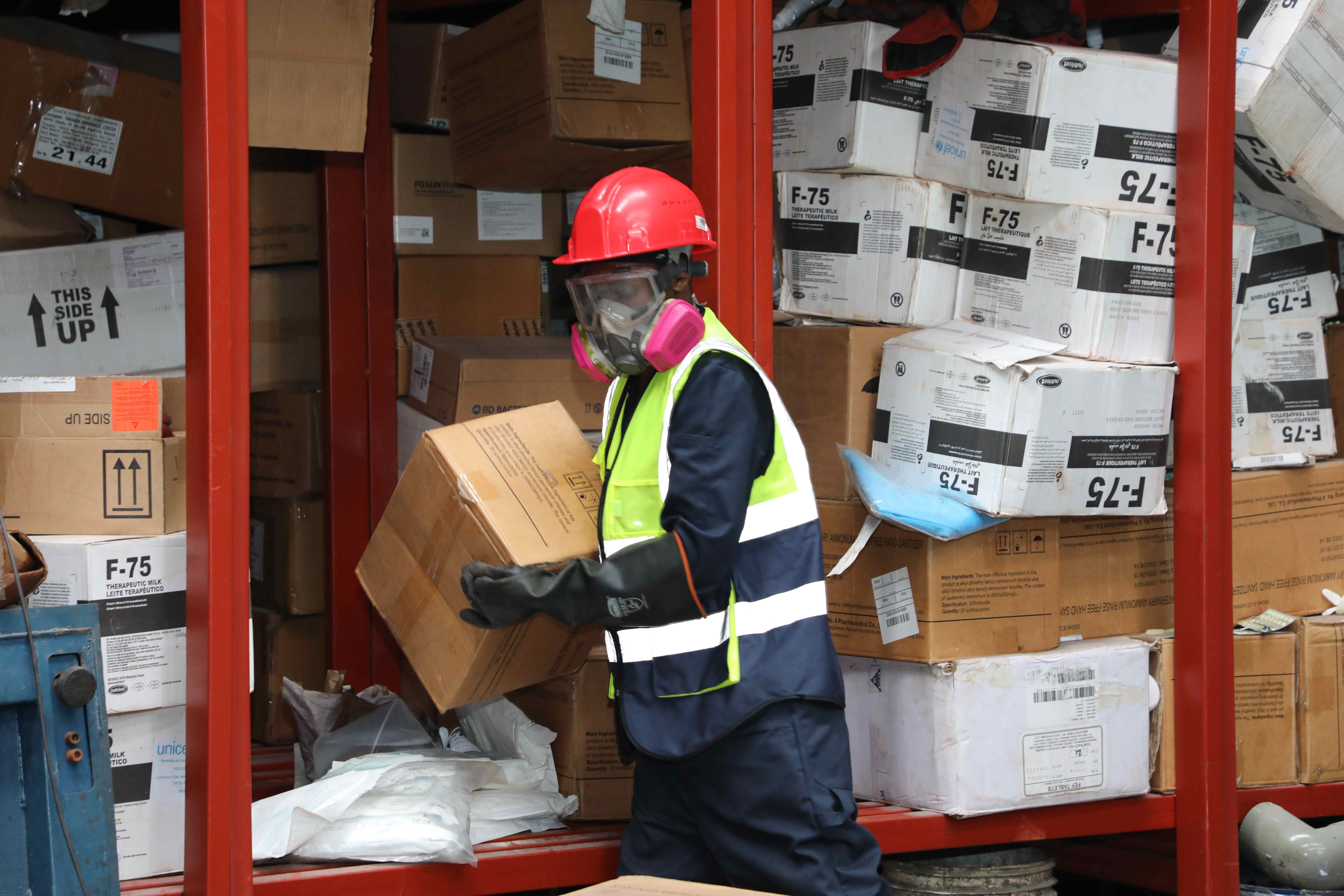
Rwanda launches a five-year initiative to improve hazardous waste management
The Rwanda Environment Management Authority (REMA) and the United Nations Development Programme (UNDP) have today launched a five-year project to protect human health and the environment from the adverse effects of hazardous wastes.
The five year “Hazardous Waste Management Project'' will contribute to the Government's ambition to support public and private institutions to improve hazardous wastes management by enhancing the introduction of “Reuse, Reduce, Recycle and Recover” approach in priority industries and economic sectors, to ensure the sound management of wastes.
“This project will support Rwanda to inventory, and understand the quantities and types of hazardous in Rwanda, raise awareness of the different categories of people who are at the center of generating wastes, and come up with best disposal mechanisms for hazardous wastes which will then create green jobs in the process of collection, transportation and disposal” said Juliet Kabera, Director General, Rwanda Environment Management Authority.
To achieve its objectives, the 7 Million USD Project support in developing a legal framework for the sound management of chemicals, hazardous and toxic waste as long as safer alternatives.
It will also support in identifying the types, volumes and locations of chemicals, toxic and hazardous waste generation, and identify key sectors such as industries, healthcare, pharmacies, and agriculture, among others.
The Project will also support the establishment of hazardous waste treatment facilities including interim storage, as well as raise awareness on the sound management of waste at all levels.
“This project came at the right time when we look for sustainable solutions to minimize waste generated, strengthening our policies and strategies that promote sustainable production and consumption; and it kicks off the implementation of the National Circular Economy Action Plan and roadmap we launched two days ago” said Dr. Jeanne d’Arc Mujawamariya, Minister of Environment.
Rwanda has made great steps forward in managing waste from banning plastic bags in 2008 and establishing the e-waste recycling facility in 2018. “However, we are still learning and strengthening our mechanisms to have a carbon-neutral economy by 2050. Nevertheless, there are still shortcomings that are exposing the country to severe impacts of improper waste management including hazardous wastes” Minister Mujawamariya added.
As a fast-growing economy with rapid urbanization, Rwanda is experiencing an increase in the amount of domestic and municipal waste, as well as the increase of toxic, hazardous, and chemical wastes from Industrial and economic sectors. These wastes have significant impacts on land, air, and the quality of water bodies.
"The initiative will highlight how the waste management project is a key stepping stone towards a circular economy. The first step is to eliminate waste and pollution to reduce threats to biodiversity" said Maxwell Gomera, Resident Representative, UNDP Rwanda.
The Hazardous Waste Management Project is funded by the Global Environment Facility (GEF) through UNDP, and will be implemented by REMA in partnership with stakeholders in the public and private sector.
Around 300,000 Rwandan residents (50% women) will benefit from the project during the five years of implementation.
The project will prevent chemicals containing Persistent Organic Pollutants (POPs), Mercury (Hg), and Polychlorinated Biphenyl (PCB) among others from entering Rwanda.
Current storage of hazardous wastes in Rwanda
- 122 Metric tons of Polychlorinated Biphenyl (PCB) oil in transformers
- 250 Metric tons of Polychlorinated Bipheny (PCBs) contaminated soil
- 3 Metric tons of Persistent Organic Pollutants (POPs) pesticides
- 44 Metric tons of Non-Persistent Organic Pollutants pesticides
- 35 Metric tons of Polybrominated diphenyl ethers (PBDE)
- 35,000 Metric tons of products containing PBDE
- 1 Metric ton of Mercury (Hg)
- 40 Metric tons of products containing mercury
All of the above hazardous wastes are expected to be disposed of by the end of the project in 2027. Disposing these wastes will result in reducing and avoiding 24.5gTEQ of emissions.
Media Enquiries
- Germaine Mukasibo, Communications and Public Relations Officer, Rwanda Environment Management Authority on +250788775456 or at gmukasibo@rema.gov.rw
- Cyprien Ngendahimana, Communications Specialist, Rwanda Environment Management Authority on +250 788 233 086 or at cngendahimana@rema.gov.rw.
Topics
More posts
Rwanda hosts a two-day workshop for Negotiators of the High Ambition Coalition to End Plastic Pollution
Rwanda has from 14th to 16th February hosted a two-day workshop for negotiators of the High Ambition Coalition to End Plastic Pollution (HAC). The…
LDCF3 Project’s Improved Cookstoves: A Dual Solution for Climate Change and Human Health
In a ground-breaking move towards sustainable living, the Rwanda Environment Management Authority (REMA) is making significant strides in the fight…
From reluctance to acceptance: The LDCF3 Project beneficiaries embraces terraces for agricultural transformation
The beneficiaries of the Ecosystem/Landscape Approach to Climate Proof the Rural Settlement Programme of Rwanda, also known as LDCF3 Project, who…
Rwanda welcomes historic COP28 decision to transition away from fossil fuels
The Government of Rwanda has welcomed the ground-breaking decision made at the 28th Conference of the Parties (COP28) to the United Nations Framework…
Rwanda launches Carbon Market Framework to advance Climate Action for a Sustainable Future
Rwanda has today launched its National Carbon Market Framework in a significant stride towards a greener and more sustainable future. The framework…
Over 45 professionals complete a capacity-building program in climate change analysis and reporting
Kigali, 17 November, 2023- Kigali, REMA, in collaboration with the African Institute for Mathematical Sciences in Rwanda(AIMS_Rwanda), celebrated the…
REMA’s LDCF3 Project distributes 5,000 improved cookstoves to beneficiaries to tackle climate change
The Rwanda Environment Management Authority distributes 5,000 improved cookstoves to beneficiaries of the Landscape Restoration Approach to Climate…
BIOFIN’s Technical Advisor on Environmental Finance visits Rwanda to foster stakeholder engagement
The Biodiversity Finance Initiative (BIOFIN)’s Technical Advisor on Environmental Finance for Africa, Mr. Bruno Mweemba recently visited Rwanda from…
World Ozone Day: REMA recognizes students and lecturers with technologies and eco-friendly cooling solutions
Rwanda in September 2023 joined the rest of the world to mark the World Ozone Day with the theme “Montreal Protocol: Fixing the Ozone layer and…
